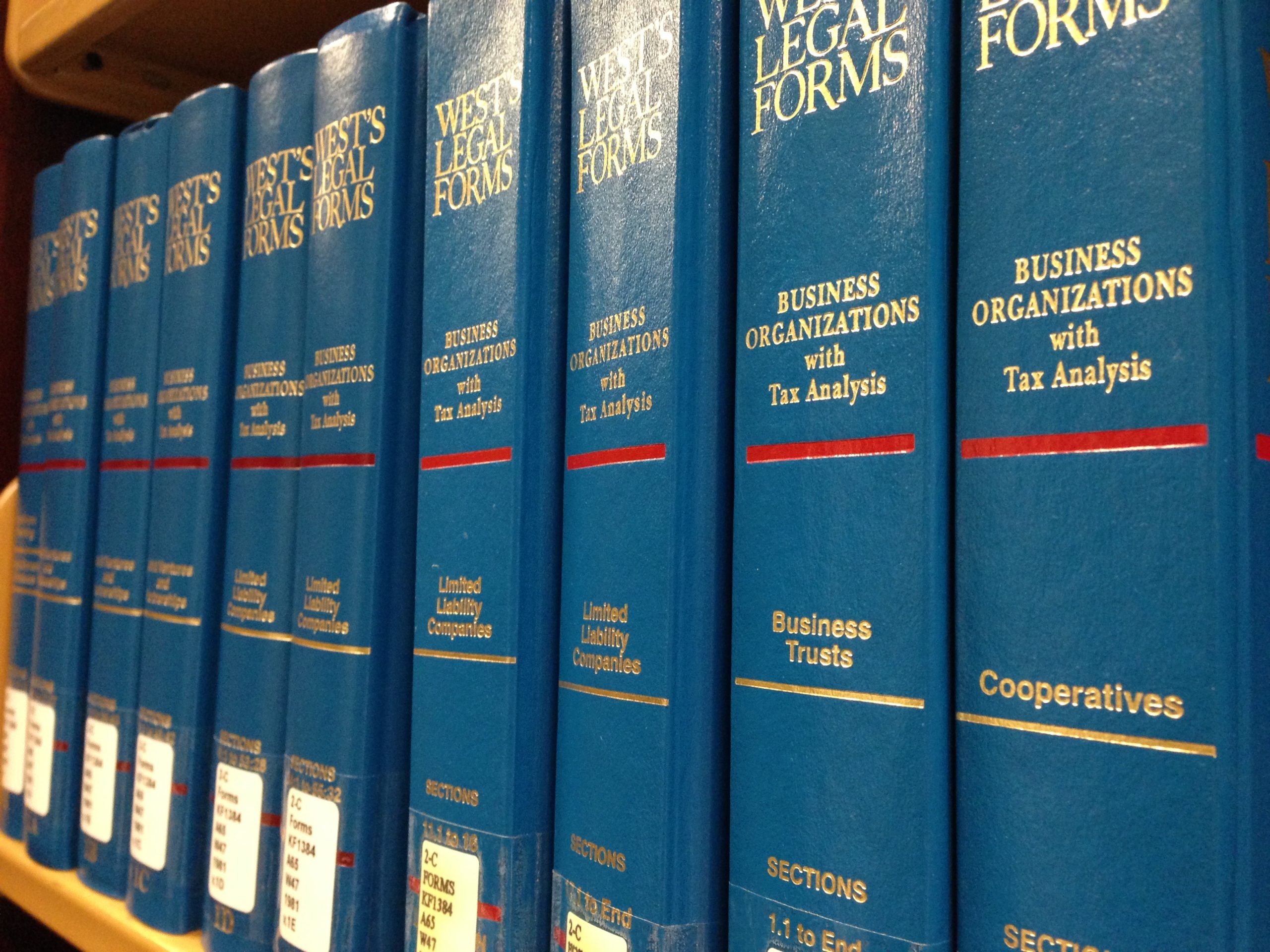 If you feel you have been wrongfully terminated, you might think it is sufficient to file a lawsuit accusing your former employer of violating the law. However, merely making legal accusations is insufficient. To survive a motion to dismiss, you must include sufficient factual details to support your claims against your former employer. The case shown below demonstrates these principles.
If you feel you have been wrongfully terminated, you might think it is sufficient to file a lawsuit accusing your former employer of violating the law. However, merely making legal accusations is insufficient. To survive a motion to dismiss, you must include sufficient factual details to support your claims against your former employer. The case shown below demonstrates these principles.
Melissa Durham worked as a science teacher at Gonzalez Medically School. After she had worked there for about six months, the principal recommended firing Durham because of her unsatisfactory teaching performance, inability to manage her classroom, and repeated disregard for school policies. The Ascension Parish School Board superintendent agreed and fired Durham.
Durham filed a complaint with the Equal Employment Opportunity Commission (“EEOC”) asserting that the school board discriminated against her because of her age and mental disability and failed to reasonably accommodate her concerning the purportedly extremely disruptive and violent students. The EEOC gave Durham notice of a right to sue.
 Insurance Dispute Lawyer Blog
Insurance Dispute Lawyer Blog


 When finding yourself as a defendant in a lawsuit, you will want to limit your liability as much as possible. Your liability could be altered when a co-defendant is found to be at fault for the injuries to a certain extent. However, when one defendant is dismissed before the trial begins, can another defendant seeking to split the fault appeal the decision? A case arising out of St. Charles Parish aims to answer this question.
When finding yourself as a defendant in a lawsuit, you will want to limit your liability as much as possible. Your liability could be altered when a co-defendant is found to be at fault for the injuries to a certain extent. However, when one defendant is dismissed before the trial begins, can another defendant seeking to split the fault appeal the decision? A case arising out of St. Charles Parish aims to answer this question. Driving poses undeniable risks. However, travelers may need to consider how unsafe a barrier curb may be in certain situations. When is the state liable for these conditions? A case from the St. John Baptist parish considered how the state department of development and transportation was at fault for construction risks that contributed to an accident.
Driving poses undeniable risks. However, travelers may need to consider how unsafe a barrier curb may be in certain situations. When is the state liable for these conditions? A case from the St. John Baptist parish considered how the state department of development and transportation was at fault for construction risks that contributed to an accident.  In Louisiana, a conspiracy is a combination of two or more persons to do something unlawful, either as a means or as an ultimate end. Once a conspiracy has been established, an act done by one in the furtherance of the unlawful act is, by law, the act of all others involved in the conspiracy.
In Louisiana, a conspiracy is a combination of two or more persons to do something unlawful, either as a means or as an ultimate end. Once a conspiracy has been established, an act done by one in the furtherance of the unlawful act is, by law, the act of all others involved in the conspiracy.  Rick Sheppard, an inmate in the custody of the
Rick Sheppard, an inmate in the custody of the  A man is in the hands of a facility tasked with providing sufficient medical care. Instead of meeting this standard of care and due diligence, the facility fails to adjust the man’s diet, and he chokes on solid food that he should not eat, leading to his death. When his parents and children bring multiple complaints of medical malpractice, his children’s claim gets dismissed despite the apparent negligence of the facility. Why did that happen?
A man is in the hands of a facility tasked with providing sufficient medical care. Instead of meeting this standard of care and due diligence, the facility fails to adjust the man’s diet, and he chokes on solid food that he should not eat, leading to his death. When his parents and children bring multiple complaints of medical malpractice, his children’s claim gets dismissed despite the apparent negligence of the facility. Why did that happen? A chemical plant explosion, sudden and dangerous, causes chaos when the workers try to escape. During that exodus, a worker is trampled by his colleagues as they attempt to flee. Who then bears responsibility for the injuries caused by this trampling? Is it the other workers? Is it their managing company? Is it the owner of the chemical plant?
A chemical plant explosion, sudden and dangerous, causes chaos when the workers try to escape. During that exodus, a worker is trampled by his colleagues as they attempt to flee. Who then bears responsibility for the injuries caused by this trampling? Is it the other workers? Is it their managing company? Is it the owner of the chemical plant?
 Expert testimony is one tool litigants can use to prove their arguments in a court of law. Expert witnesses are highly credible individuals with advanced knowledge in a particular field in a lawsuit. The testimony of experts is meant to assist the court in understanding the evidence in matters of fact. But not just anyone claiming to be an expert can testify on behalf of a litigant. As homeowners Blake and Courtney Freeman learned in a painful way, the testimony of six expert witnesses they offered was denied admissibility because it failed to meet Louisiana’s standards for expert testimony evidence.
Expert testimony is one tool litigants can use to prove their arguments in a court of law. Expert witnesses are highly credible individuals with advanced knowledge in a particular field in a lawsuit. The testimony of experts is meant to assist the court in understanding the evidence in matters of fact. But not just anyone claiming to be an expert can testify on behalf of a litigant. As homeowners Blake and Courtney Freeman learned in a painful way, the testimony of six expert witnesses they offered was denied admissibility because it failed to meet Louisiana’s standards for expert testimony evidence. Car accidents are traumatic experiences that occur every day across Louisiana. An accident can cause initial damage upon impact, but many accident victims also spend months and sometimes years coping with accident-related injuries.
Car accidents are traumatic experiences that occur every day across Louisiana. An accident can cause initial damage upon impact, but many accident victims also spend months and sometimes years coping with accident-related injuries.